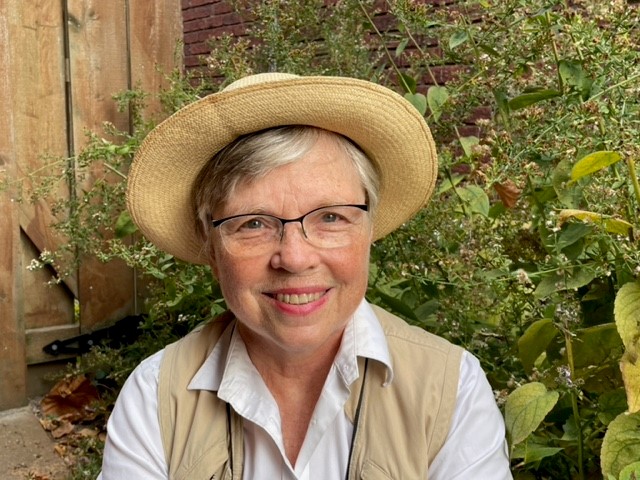Microbial Experimental Evolution: social behavior, mutualism, and predator-prey interactions
Richard Lenski made microbial experimental evolution famous with his twelve flasks of Escherichia coli in minimal media, simply transferred daily without fail since 1988 for 75,000 generations in the Lenski lab. The changes he documented along the way are monumental and occurred in the absence of any further manipulation.
Another approach to experimental evolution is to change something thought to be important and see if the predicted response occurs. This can be done in a relatively short time involving tens or hundreds of generations rather than thousands. Here I discuss several such experiments with the social amoeba Dictyostelium discoideum. This organism has a social stage in which tens of thousands of formerly independent amoebas aggregate into a fruiting body in which about 20% die to form a stalk which facilitates dispersal of the remaining 80% of hardy spores. Another attribute of D. discoideum is that it carries symbiotic bacteria which change its ability to consume bacteria.
We manipulate relatedness in the social stage to see if cooperation diminishes and then find the gene behind it. We remove the social stage to see if clones become less good at becoming reproductive spores instead of somatic stalks. We see if social stage somatic function is compromised. We make pseudo-organisms and manipulate the location of the germ line to see if cells compete to join it. We remove a symbiont to see if symbiont or host become more or less cooperative. Finally, we look at D. discoideum as a generalist predator that has costs when food bacteria change.
Taken together, these experiments show the promise of experimental evolution and the ease with which fundamental concepts in biology can be tested in microbial systems.
Hosted by Dr. Steve Diggle
Event Details
Location:
Marcus Nano Technology 116-118
Extras:
Free Food
For More Information Contact
rbailey74@gatech.edu



